Are you wondering why is SiteGround so slow? Do you want to get deeper into the reasons behind the slow loading speed of your web pages? If yes, here you’ll get to know the true factors affecting the speed of your SiteGround website.
Understanding the causes of a slow-loading website will help you address the problem better. So without any further ado, let’s check out the root cause of a slow SiteGround website.
Why is SiteGround so slow?
There are several factors leading to a slow website when hosting it with SiteGround. Let’s discuss all of them in detail here:
1. Hosting Infrastructure
SiteGround is slow by default and has major speed issues. The hosting provider utilizes sub-standard software and hardware to host your websites.
SiteGround uses general-purpose N2 machines from the Google Cloud Platform (GCP) while many of its competitors utilize the modern-day compute-optimized C2 machines.
General-purpose N2 machines deliver much slower performance than the C2 machines.
Some of the major contributing factors behind SiteGround’s slow speed are:
Plan Limitations
SiteGround provides you with limited server resources under its shared hosting plans. You’ll get insufficient CPU and RAM allocation.
The host is quite infamous for these limitations and a lot of SiteGround users complain of this issue.
Here are a few such complainants sharing their problems over review websites:
Server Locations and Latency
SiteGround has its presence on four different continents, including Asia, North America, Europe, and Australia. Here’s a list of its eleven data center locations:
Asian Continent:
- Singapore (Singapore)
North American Continent:
- Dallas (Texas, US)
- Los Angeles (California, US)
- Ashburn (Virginia, US)
- Council Bluffs (Iowa, US)
European Continent:
- London (UK)
- Frankfurt (Germany)
- Madrid (Spain)
- Paris (France)
- Eemshaven (Netherlands)
Australian Continent:
- Sydney (Australia)
In addition to the above server locations, SiteGround also uses more than a dozen Content Delivery Network (CDN) locations.
Your website will experience latency issues if you host it on a server located far away from your visitors. So, choosing the wrong data center location can also be a reason behind the slow speed of your website hosted on a SiteGround server.
For instance, if the majority of your site audience resides in the Asian region, you should avoid going for a US server location. It is best to opt for the Australian data center location in such a situation.
Traffic and Resource Throttling
SiteGround specifies the “fair use” of its hosting resources when you purchase a shared hosting plan from the company. This fair usage policy ensures that you do not utilize more than a set amount of server resources at a given time.
In other words, one of the answers for “Why is SiteGround so slow?” is because the host performs traffic and resource throttling to regulate the use of its shared servers.
Here are the resource limitations set by SiteGround:
CPU seconds
- The StartUp plan has a CPU seconds limit of 1000/hour, 10000/day, and 300000/month.
- SiteGround’s GrowBig plan sets a limit of 2000/hour, 20000/day, and 600000/month of CPU seconds.
- Its biggest shared hosting plan, GoGeek, allows a maximum of 4000/hour, 40000/day, and 800000/month CPU seconds.
Server Memory
The host allows you to utilize a maximum of 768 MB RAM per process.
Number of Inodes or Files
SiteGround has set hard limits on the number of inodes for each shared hosting account.
- The StartUp plan comes with a limit of 200000 inodes per account.
- It is possible to reach a maximum of 400000 inodes per account when you choose the GrowBig plan.
- The highest-tier GoGeek plan sets a limit of 600000 inodes per account.
Database size
In addition to the above limitations, SiteGround has also set a limit to the size of the database you can create with its shared hosting plans. The host allows the forming of databases of up to 1000 MB in size.
Cron Job Execution
SiteGround restricts the execution of multiple cron jobs simultaneously. The company mentions that you must keep a gap of at least 30 minutes between different script executions you schedule.
Exceeding the above limits will result in website downtime. Also, SiteGround limits the access to your website.
So, it is best to keep an eye on your resource consumption and upgrade your shared hosting plan before you reach the above-listed limitations.
2. Technical Limitations
In addition to the above shortcomings, SiteGround also has some technical limitations. Here are the three major ones:
PHP Version
Though SiteGround deploys the latest PHP versions on its server, they are incompatible with its hosting environment. You won’t be able to fully utilize the power of PHP 8.1 or PHP 8.2.
The problem lies in the host’s incompatibility with these PHP versions in the Command Line Interface (CLI) environment.
Such technical limitations restrict you from using many powerful tools, including WP-CLI and Composer with Continuous Deployment (CD).
All these limitations become a handicap for a developer since it slows down your development process and negatively impacts your team’s productivity.
Traffic Spikes and Performance Impact
As discussed above, SiteGround has several resource limits attached to its shared hosting plans. You receive a very limited amount of server resources which you are not allowed to exceed at all.
If your website gets famous and starts receiving traffic spikes, you will notice a considerable decline in its performance and server crashes as well.
The SiteGround’s support team won’t offer much support in optimizing your website for efficient utilization of server resources.
SiteGround’s support team generally recommends purchasing more CPU and RAM to handle sudden traffic spikes. Finally, you’ll end up paying more than the required amount only in an attempt to prevent a website crash during traffic spikes.
With all those resource limits, SiteGround’s shared hosting is suitable for beginners receiving low website traffic or personal/small blogs only. As soon as your website starts gaining traction, it’s time to upgrade your plan.
However, the highest-tier shared hosting plan from SiteGround also offers limited server resources. Thus, you must look for another hosting provider with fewer limits.
Lack of Content Delivery Network (CDN)
SiteGround lacks integration with a popular Content Delivery Network (CDN) like Cloudflare. It has its in-house CDN with two available options, free and paid.
The free version has very limited features and you might have to purchase their premium CDN for a faster website.
When comparing the SiteGround CDN with the most trusted CDN Cloudflare, one will notice the availability of limited features with the SiteGround tool.
Additionally, the users of both tools (SiteGround’s free and paid ones) complain about their websites getting slower after switching from Cloudflare to SiteGround’s custom CDN service.
3. Inefficient Website Configuration
Another major factor contributing to the slow speed of your SiteGround website might be inefficient website configuration. Here are some of the areas you need to analyze:
Bloated Themes and Plugins
Themes and plugins that are bloated with a lot of features and elements slow down your website speed. So if you are using a WordPress theme that has many such features you do not utilize, you must stop using it.
Go for a lightweight theme carrying only the necessary elements required to run your website. The same goes for plugins as well.
Unoptimized Images and Media
Uploading large images and media files to your website also harms your SiteGround site speed. Larger files take more time to load than smaller ones. Therefore, you must optimize all media files by resizing and compressing them before uploading them to your server.
Additionally, consider using a reliable image optimization plugin like Smush to further reduce your page loading times.
Unoptimized Database
Your website database is unoptimized when it carries outdated content, redundant features, spam comments, or unnecessary scripts.
An unoptimized database makes your website sluggish. It can also lead to errors when loading content from your site server. This results in your SiteGround website becoming unresponsive or slowing down.
You must, therefore, optimize your database regularly to prevent your website from slowing down. Consider using a reliable WordPress plugin like WP-Optimize to get rid of unwanted elements from your database.
Excessive HTTP Requests
Your website uses many stylesheets, font files, and external scripts to function properly. When you utilize a lot of these resources, the amount of HTTP requests to your server will rise. This increment results in higher page loading times.
In short, excessive HTTP requests can cause your SiteGround website to slow down. It is best to defer the loading of different website elements for faster page loading. Consider using a reliable plugin like Speed Booster Pack to achieve this purpose.
Absence of Caching Mechanism
Your SiteGround website might be slow because of the absence of a caching mechanism.
Caching helps in faster delivery of website content to your repeat visitors. SiteGround has its custom plugins for website optimization and caching mechanisms but they do not do any good to your website.
User Complaints and Feedback on SiteGround Speed
Many SiteGround users complain of the speed it delivers across different review websites. Here are few of these feedbacks from the host’s customers:
The above screenshots show a common problem faced by SiteGround users. All of them are experiencing speed issues with the host. Their website runs slower when they host it with SiteGround.
However, the majority of them notice that this speed issue is resolved automatically when they shift their website to some other host. So the problem lies with SiteGround.
Conclusion
SiteGround has several technical limitations and infrastructural problems that slow down the speed of your website. Its shared hosting plans come with many server resource limits that further create problems for medium to high-traffic websites.
The host advises its customers to upgrade their plans and finally move to the cloud. However, we recommend against choosing their cloud hosting since it doesn’t solve the problem. Rather, you will end up increasing your monthly hosting bill.
If you want to have more server resources on a budget, we recommend migrating your website to Cloudways. It is a much more reliable host with flexible and scalable hosting plans.
FAQ (Frequently Asked Questions)
Is SiteGround fast?
No, SiteGround is not fast. It has some major infrastructural and technical issues that create speed problems for websites hosted on its servers.
Is SiteGround no longer using Cloudflare?
No, SiteGround is no longer using Cloudflare. The host provides its in-house Content Delivery Network (CDN) with its hosting plans.

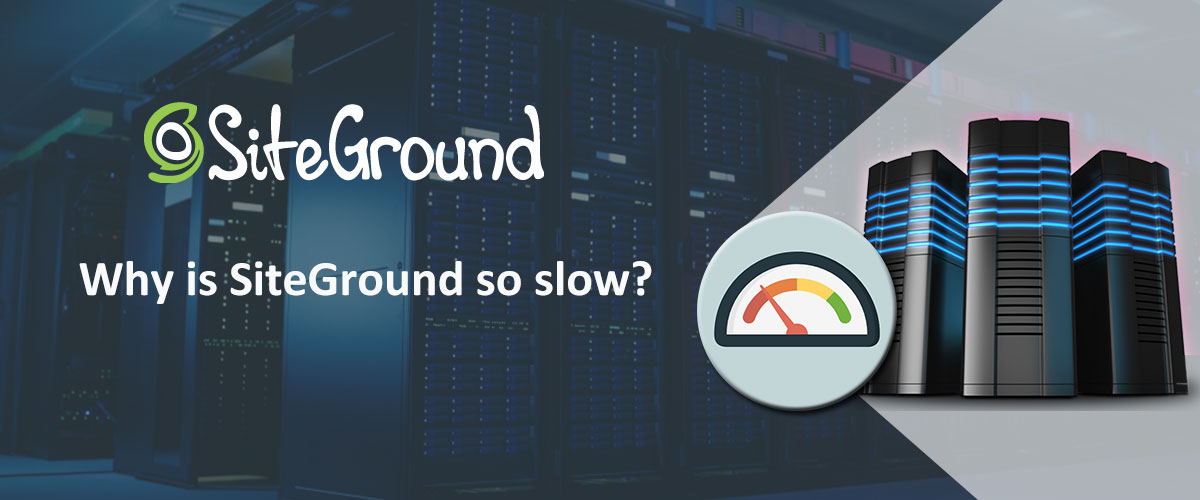
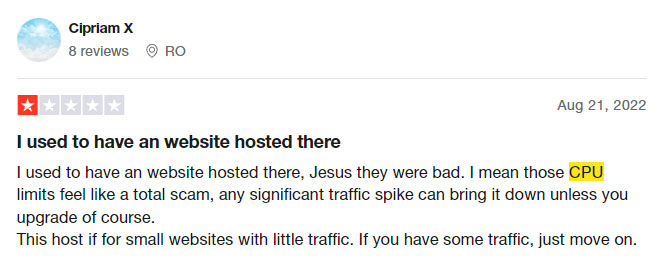

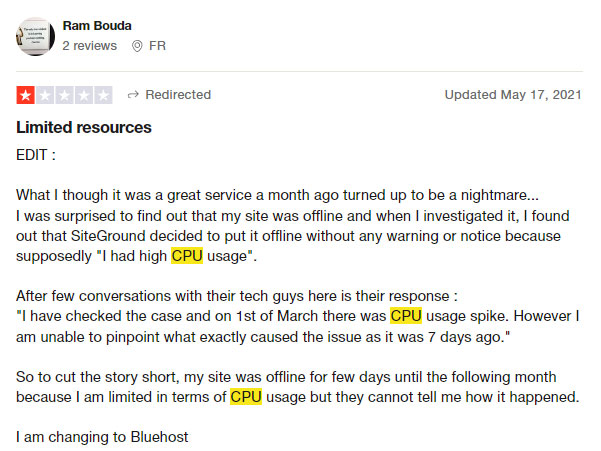
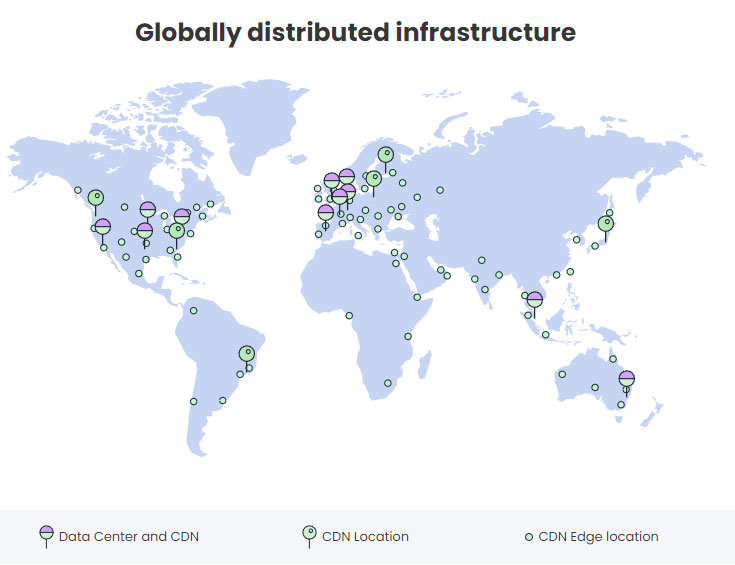

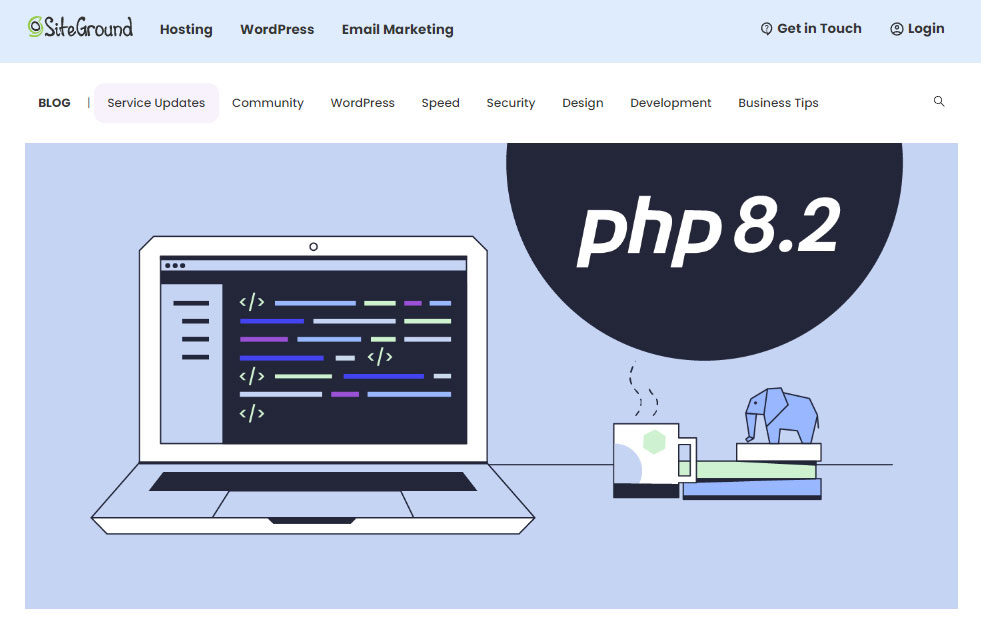
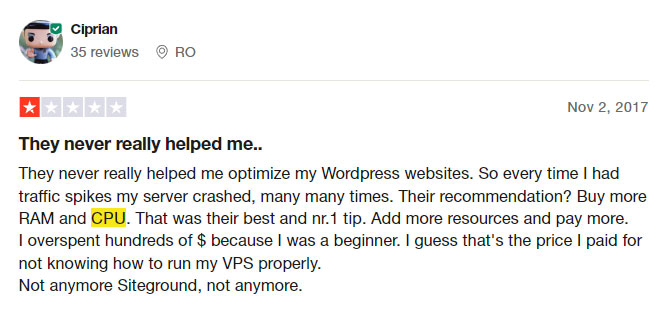
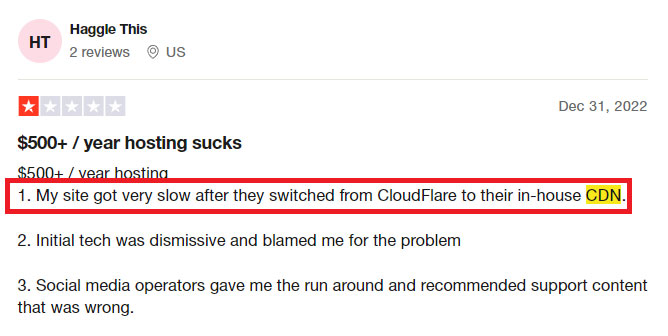

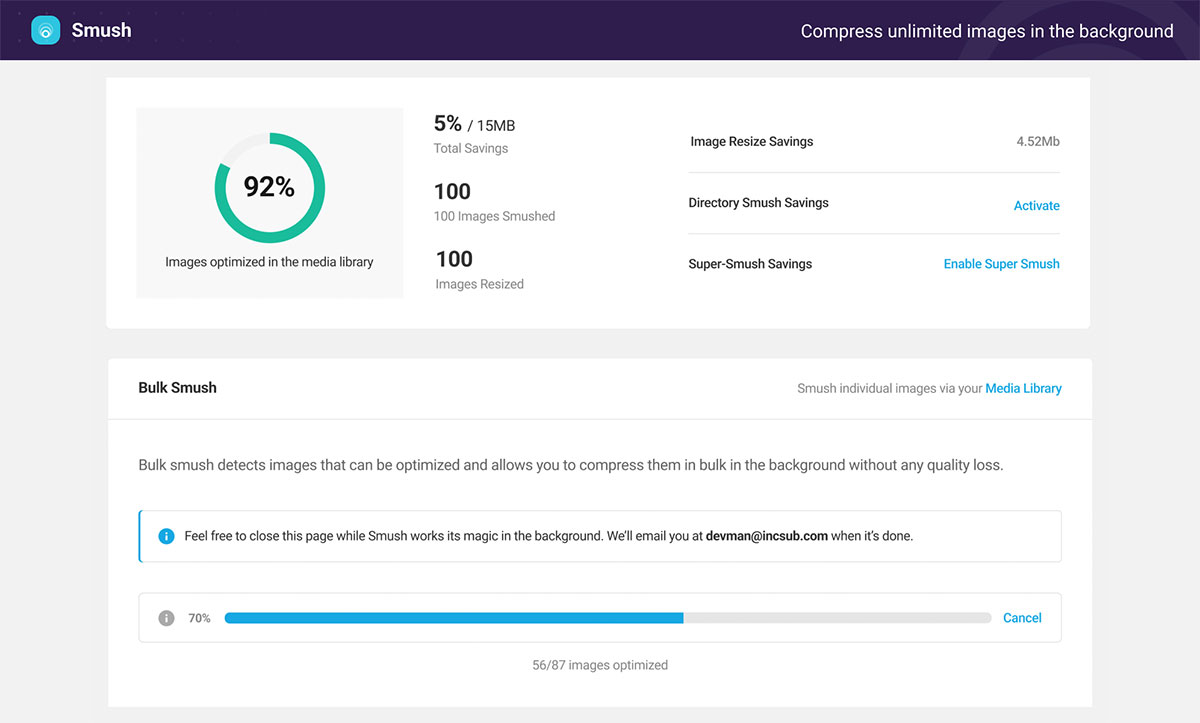
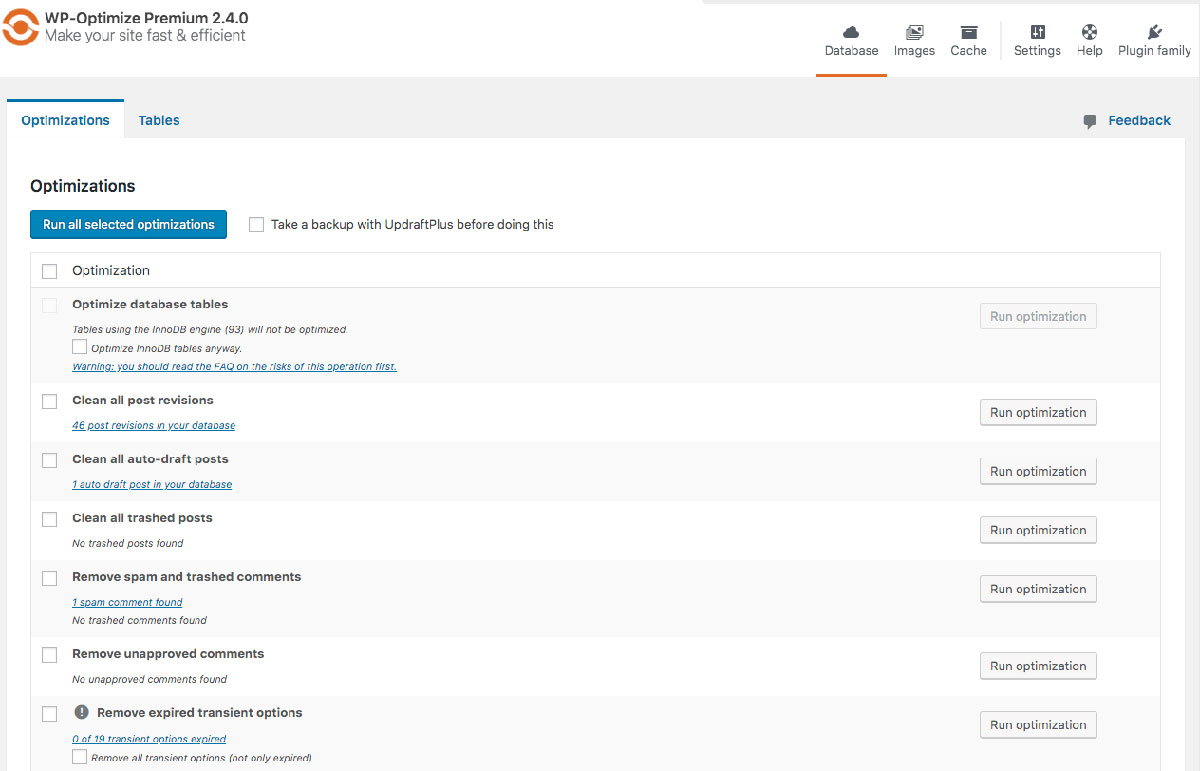
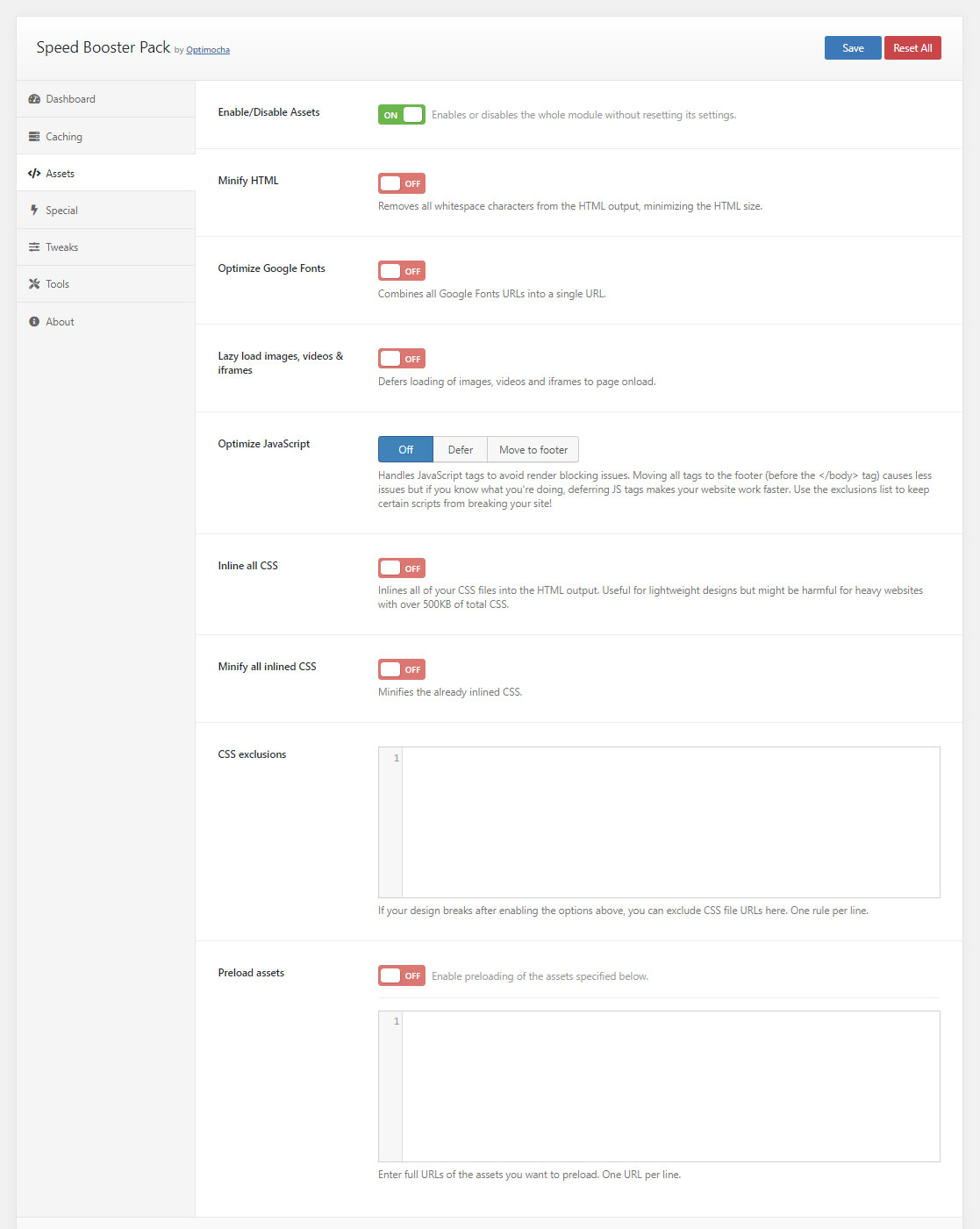
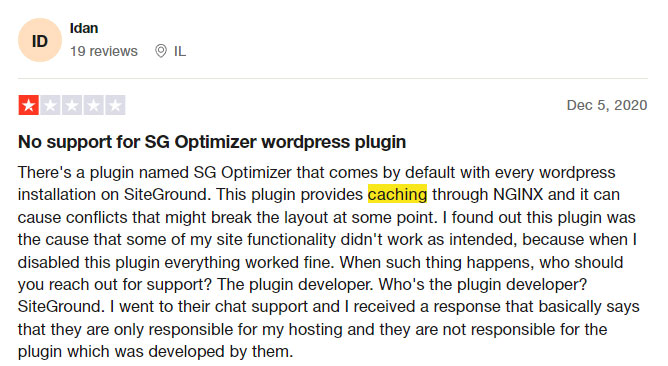
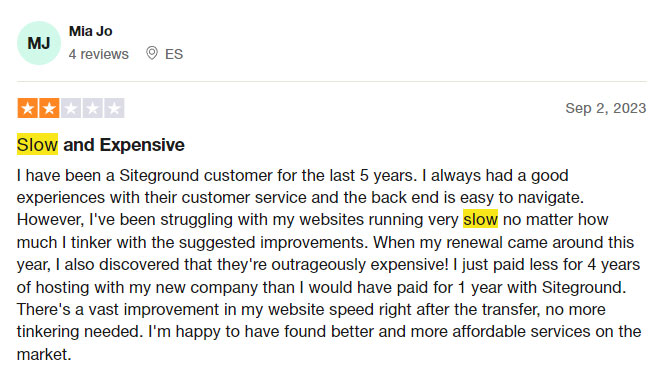
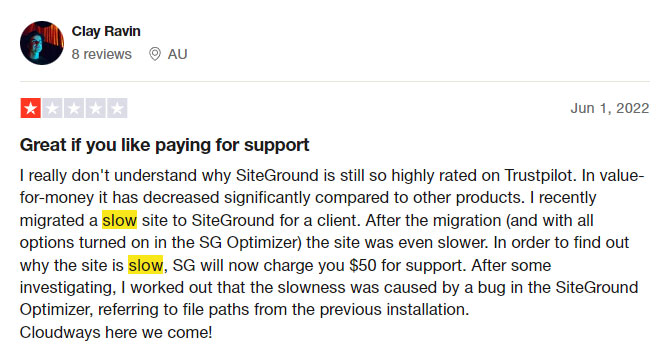
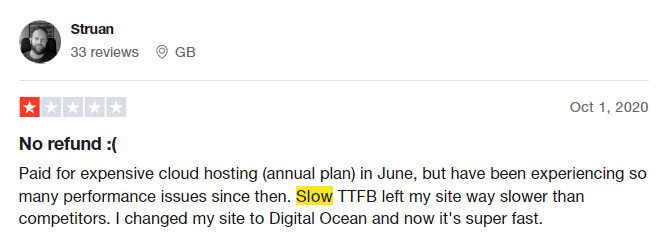
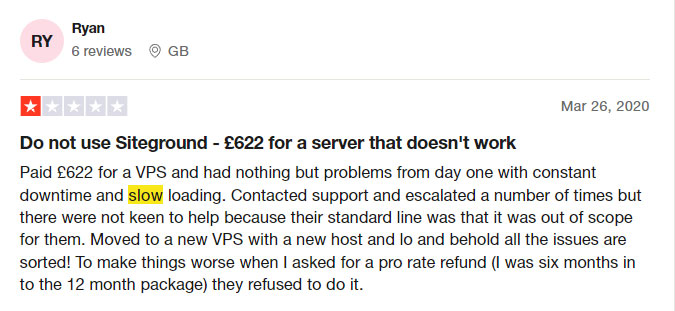
Web Hosting Expert, Content Writer, SEO Consultant, and Web Developer with over 10 Years of Experience.
He has a passion for technology and has spent over a decade reviewing and testing web hosting companies to provide his readers with honest and accurate reviews of the companies he had experiences with.
Tommy loves helping people and has helped hundreds of people start their own successful blogs.